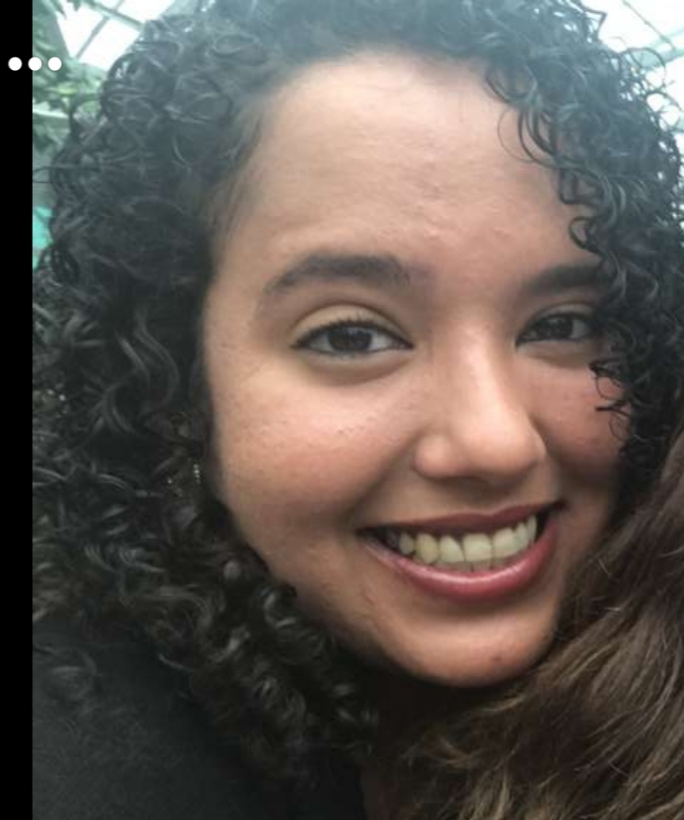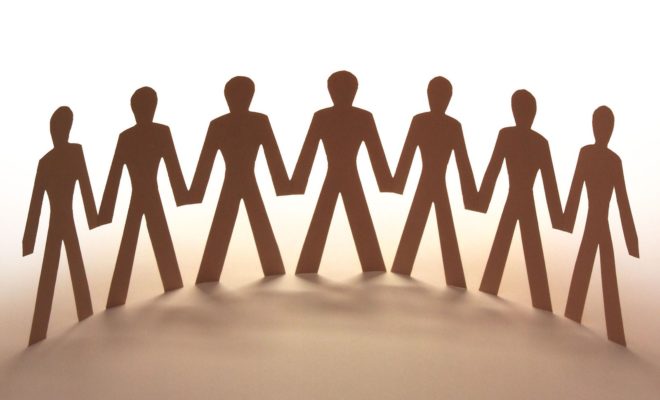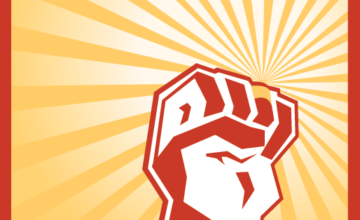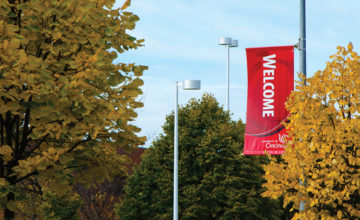“So what are you?” I answer this question differently depending on what I expect the person wants to hear, and still the answer is never “right.” What do I say? That I am from here, Ohio, where I was raised? They say, “No, I mean where are you from?” Well, I was born in Minnesota, but that answer still does not suffice. OK, so my father is Middle Eastern, born and raised in Yemen. My mother is white with Norwegian descent. They ask, “Okay, so you are Arabic?” Um, no, I am not a language that I barely even speak. Anything I say leaves me feeling as if I have disappointed this stranger. Sorry, I cannot just say I’m Yemeni; I only lived there a year. I cannot just say I’m Black or white. Sometimes I answer with I’m Arab, but among Arabs I would not identify this way. I never felt like I neatly belong anywhere. I believe this journey to find myself is a work in progress. I am a complex human being, exploring all parts of who and where I come from. I do not have all the answers now and I have come to realize that is OK.
Growing up, my father always made it clear to me; never mind the fact your mother is white, you are Arab first and only. Got it. Living in Yemen, during 6th and 7th grade, reinforced my Arab identity while also ostracizing my American side. In the same breath people would say, “Oh, you are not American you are from Yemen only” and “wow, you spoiled American.” At least, with my father’s dominant genes I looked the part. However, I didn’t know the language or culture, so I always felt like a fraud trying to act the part. I longed to be back where I was from, America.
My father put me in an Islamic private school from kindergarten until 8th grade (excluding when I lived in Yemen). Most students had two Middle Eastern parents and knew the food, culture and the language. A couple other “half-blood” students and I felt a divide, whether or not anyone would admit it. It was not like I was purposely excluded from things, as far as I know, but rather I carried a constant feeling inside of not belonging. My absent father was unable to teach me about the culture he so desperately wanted us to identify with. On his return from prison his disgust with how “Americanized” we had become made me feel confused and sad. After all, I grew up here. He made a decision to have a family in America and I suppose this is the result. Sorry Dad, I guess I am more so a white American. I took on that as my identity.
Upon starting high school I made the decision I was not Arab. I went by another name and told people my father was Black and my mother white. Just another “normal” American born and raised. Oh how naïve I was to assume I could change my identity. It did, however, make the “what are you” question easier to answer. I’m American. Yet no matter what high school “clique” I tried to associate with or friend group I developed I still had that annoying sense I did not belong or that I was a fraud. Everyone around me had this need to know what box I fit in and for me I did not fit into any. I did not know how to identify and I hated people for needing to know this pointless information before even getting to know me. I still did not have confidence in my identity.
Now as an adult I am realizing it is OK to be unsure. This is a lifelong journey that will never have a simply stated end result. I am finding comfort among the confusion and having conversations with many people who feel the same. I can choose what parts of me I want and don’t want to identify with. I believe in freedom of identity expression. What am I? I am a human being.






